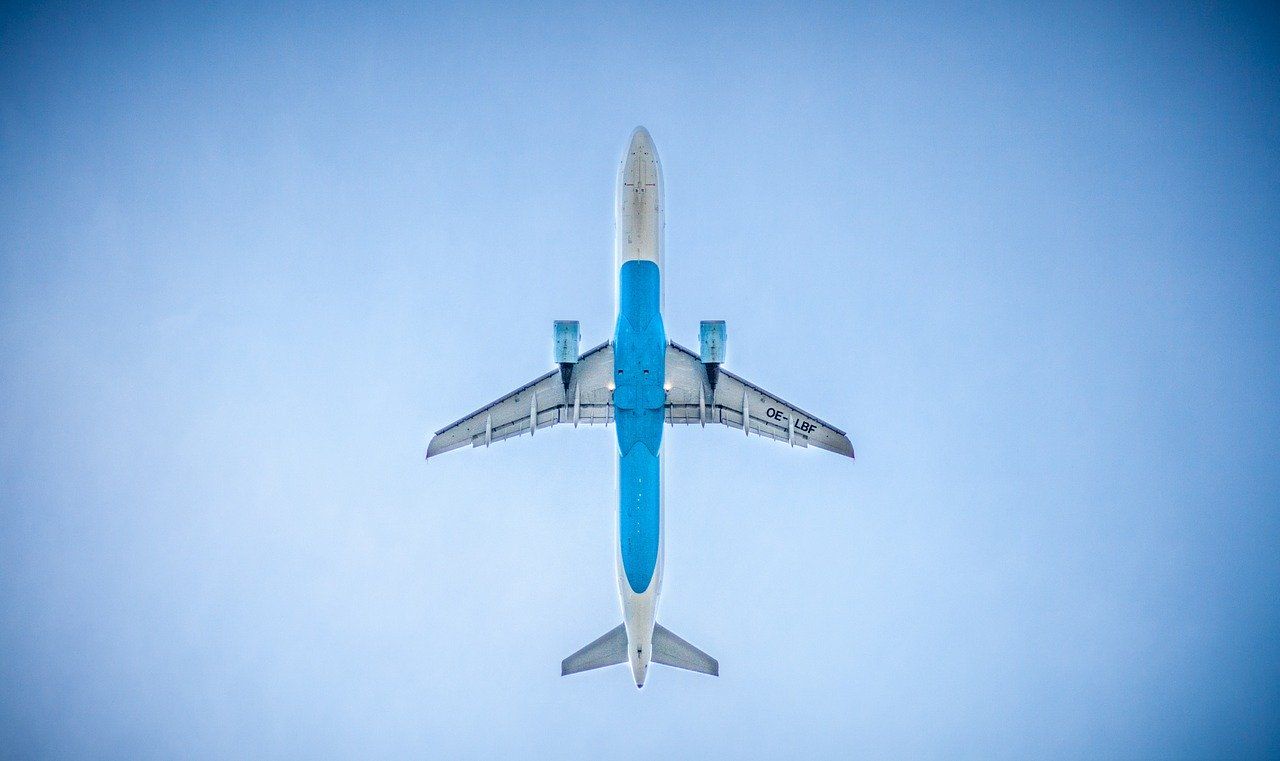Despite economic uncertainty brought on by Covid-19 for consumers worldwide, Gift Shopping is one category that is set to resist the impact of the global pandemic.
According to a research by the leading travel and travel retail research agency – m1nd-set, gifting has even accelerated among certain shopper segments and markets as consumers, unable to celebrate holidays, birthdays, and other special events in person because of social distancing, border closures and travel restrictions, have resorted to compensating their absence by purchasing more gifts online.
It’s expected also that Gifting will generate even deeper meaning this year, due to the radical changes that consumers have had to make as a result of the pandemic.
This, m1nd-set reports, will be reflected in the value of gifts purchased as consumers seek out more meaningful and therefore more expensive gifts.
The research also reveals that the 2020 gift shopping season will commence earlier than usual with the shift towards more online purchasing for the festive period due to Covid restrictions.
m1nd-set reports that retailers nevertheless face uncertainty over the Christmas sales; while many are expanding their online offer and capacity for deliveries several-fold compared to last year, there is still a great deal of wariness as to how consumers will behave this festive season.
The worsening economic situation in some markets still burdened by lockdowns is causing anxiety among many consumers, fearful for their jobs as many businesses have been forced to close or limit their activity. The two conflicting dynamics are creating unprecedented complications in retail sales forecasting, according to m1nd-set.
The report also details how gifting behaviour and trends vary across different categories and customer segments.
Shoppers who buy products in travel retail as a gift are more likely than those who are shopping for themselves to travel for business purposes, plan their visit to the duty-free shops in advance and buy products they have never purchased before. They are also less likely to compare prices but more likely to purchase Duty Free exclusive products, the research reveals.

The tendency to purchase items for gifting is higher among Asia Pacific travellers, middle-aged shoppers and male shoppers.
A detailed analysis of gift shopping behaviour across the seasons reveals that September – February is the most common period for gift shopping in travel retail.

The Gifting behaviour research clearly underlines the importance of a robust online presence for retailers to capitalise on the Covid-induced shift in shopper behaviour this festive season.
Peter Mohn, CEO & Owner at m1nd-set explained: “Online sales for gift purchases will be significantly higher than the same period last year. This is due to consumer concerns about shopping or the inability to go shopping in physical stores due to lockdowns. To benefit from this trend, travel retailers will have to ensure they are clearly visible to consumers online as they search for their festive gifts. A robust online presence will be essential for travel retailers to compete on the already crowded e-commerce playing field” Mohn added.
“Travel retail online stores will not be instinctively front-of-mind among consumers, particularly as significantly fewer will actually be travelling internationally currently and towards the end of the year. It is equally important therefore to have a robust digital marketing strategy to ensure visibility on the major search engines.” Mohn continued.
The research concludes with an analysis of emerging gift shopping behaviour among consumers and how travel retailers can capitalise on these trends. Gifting experiences and enabling shoppers to ‘ping’ rather than pick up or post their gifts are among some of the opportunities and recommendations covered in the research.
For more information, please contact m1nd-set: [email protected].













